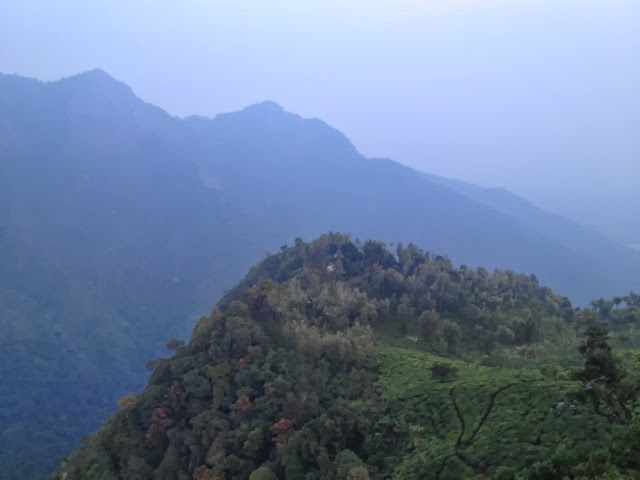We are often afraid of not fitting in, of being surrounded by people so different that it would be impossible to share common ideas, or worse, a common future. The cultural difference between societies is something that cannot be avoided; nevertheless, the feeling of alienation is entirely up to each one of us to let it remain or not. This is something I have learned while working as a volunteer in India, a country so vast and so beautiful yet so different from my own that it would have been rather incredible not to feel out of place at the beginning. My name is Daniela Dahik, I come from Quito, Ecuador and I have beenvolunteering in a school for mentally disabled children for the past six months in Bengaluru.
A day at work would consist in prayer in the morning, yoga or physical exercise with the kids for half an hour, improvement of motor skills comes right next and then we continue with basic math and basic English. After lunch it's time for either recreational activities, physiotherapy for those who also possess a physical disability, or more "intellectual" learning. In between, I find myself trying to cope with the cultural differences between the kids, teachers and myself. Five different languages are spoken within the school; the majority of the kids come from muslim families although there are a few that are ferventcristians; boys and girls shouldn't interact that much with each other and too much physical contact might be taken in the wrong way; dress code: what would be appropiate or normal for the western world might not be the wisest chose of wardrobe in India, what jewerly means, rings on the toes, bracelets in both ankles, etc. Not to mention that given the fact that there are also other volunteers working with me, their culture is also very much present. However, I dare say that it is precisely these differences the ones thathave brought us all closer. Curiosity can be a wise ally if used correctly.
For instance, the language has played an important part in bringing us all together. Each kid speaks their own language and, if we are lucky, they also speak english. Same goes for the teachers. But while working the necessity to communicate surfaces; That is how we ended up with improvised mini language classes of Tamil, Hindi and Kannada. German, Polish and Chinese have also been included in these so called language classes due to the fact that the volunteers come from all over the world. Then suddenly the topic diverts from grammar to local cuisine to traditions and what is typical to each country. Beforeyou know it - before I myself became aware of it - the people that were merely co-workers with you in the beginning are now good friends with you; the teachers become people you can trust and are also a good connection to the country you're volunteering in. With the kids the link is established in a simpler way. Whether it is because of the facial and body features that we have which are completely different from Indians, or because they are simply kids and curious in nature, they opened up to us quickly and selflessly. Again, sooner than expected, I found myself completely attached to the kids.
After these few months as a volunteer in India I've come to understand that the differences we have, dont matter at all and are not in any way a reason to feel distant or unconnected to one another. We are a global comunnity; I feel like a part of India now even though I come from far away and I believe this feeling of belonging to this place was achieved so quickly and easily thanks to the volunteer work. Volunteering does not consist only in teaching or helping inmigrants or protecting the fauna or a place, etc, it is about the link you can create between your native culture and the one that sourrounds you, it is about being together with people that are completely different to you; it is about sharing.
This comes from a volunteer that could find that link between cultures and fell in love with her host country.


















































